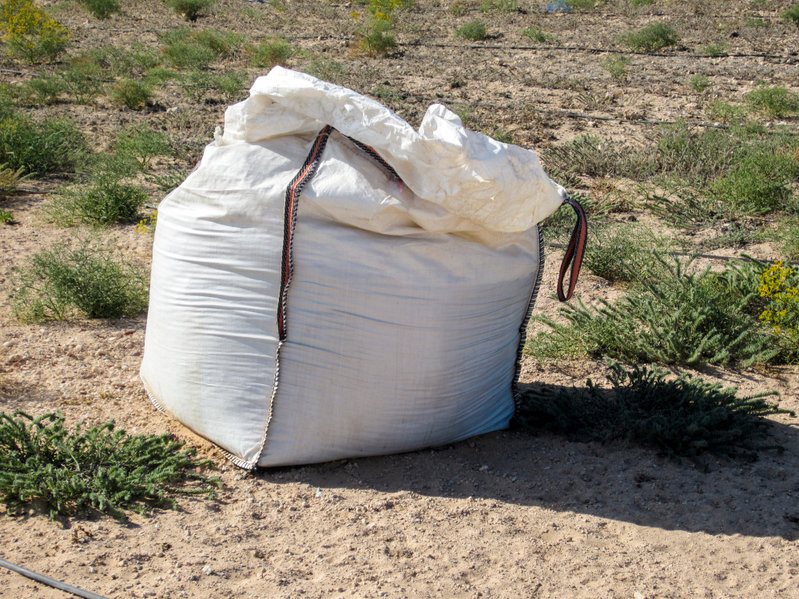UK and Brazil strike deal to cut fertiliser pollution

The UK and Brazil have agreed a new partnership to cut the environmental damage caused by fertilisers and strengthen the resilience of global food supplies.
The partnership will focus on research and innovation, making fertiliser production more sustainable, and building more resilient supply chains.
Both countries said the agreement, signed on Wednesday (10 September), would contribute to international efforts to improve fertiliser use ahead of the COP30 climate summit, which Brazil will host.
Fertilisers play an important role in food security but are also a source of pollution and greenhouse gas emissions, responsible for around 5% of global emissions.
Ruth Davis, the UK’s Special Representative for Nature, said the memorandum of understanding underlined the importance of international collaboration in responding to environmental and food security challenges.
“Global cooperation is vital to restore the health of our soils, protect nature, and guarantee food systems for future generations.
"Fertilisers are crucial for our food security, so it is vital that their production and use evolves in line with today’s environment and climate challenges,” she said.
She added that Brazil, as host of COP30 and home to some of the world’s richest biodiversity, had set “an important example on tackling this vital issue”.
According to Davis, the agreement could “unlock innovation, improve nitrogen management, and build resilience across landscapes and livelihoods.”
Cleber Oliveira Soares, Brazil’s Deputy Agricultural Minister, said the country aimed to combine agricultural productivity with environmental protection.
“For Brazil, advancing sustainable practices in the use of fertilizers means combining the strength of our agriculture with the responsibility to protect biodiversity and natural resources,” he explained.
He said the Ministry of Agriculture and Livestock had already been investing in research and innovation to ensure food production becomes more efficient and sustainable.
“This partnership with the United Kingdom reinforces Brazil’s commitment to promoting solutions that reconcile food security, resilient supply chains, and the climate urgency we all share,” he said.
A second deputy minister, Marcel Moreira, stressed the importance of global cooperation for Brazil’s role in international trade.
“International cooperation on sustainability also strengthens the integration of Brazilian agribusiness into global markets,” he said.
Efforts to innovate in fertilisers and reduce emissions, he added, would help ensure that Brazil remained “a reliable supplier of safe, sustainable, and high-quality food.”








